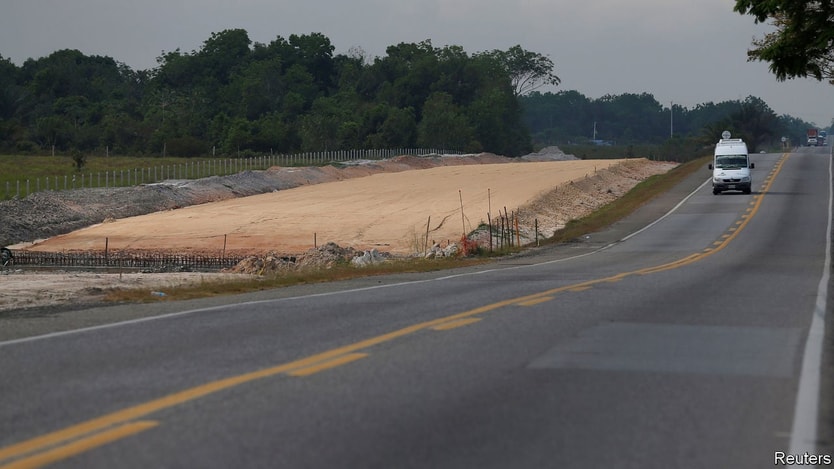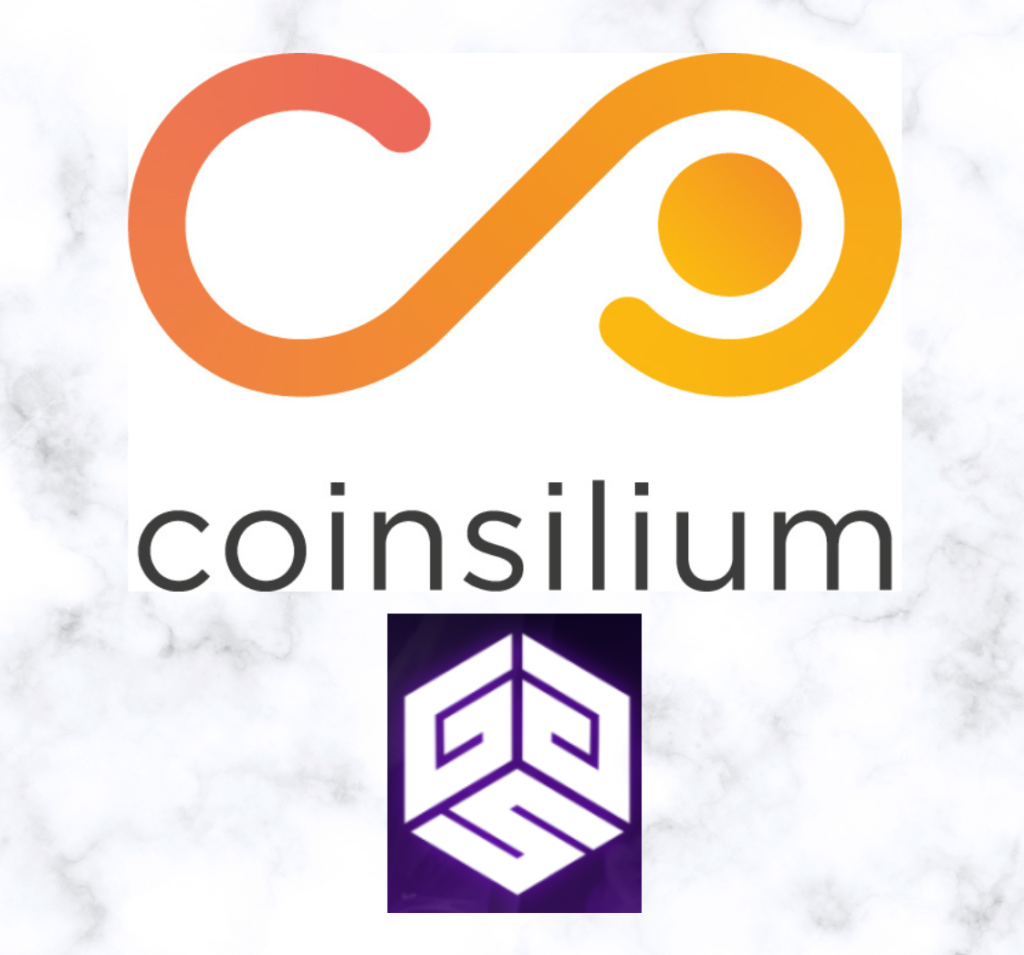Indigenous Knowledge And Scientific Data: A Struggle For Control And Preservation

Table of Contents
Indigenous Knowledge (IK) encompasses the traditional knowledge, innovations, and practices of Indigenous and Local Communities worldwide. It's a holistic understanding of the environment, encompassing ecological, social, and spiritual dimensions passed down through generations. This knowledge is crucial for sustainable resource management, biodiversity conservation, and maintaining cultural identity. However, the ownership and control of this knowledge, and the data generated from scientific research involving Indigenous communities, are increasingly contested. This power struggle impacts the very survival of Indigenous cultures and threatens the loss of irreplaceable knowledge. This article aims to examine these challenges and suggest pathways towards a more equitable and collaborative future.
The Value and Vulnerability of Indigenous Knowledge Systems
Indigenous knowledge systems are repositories of invaluable wisdom, honed over millennia. Their preservation is critical for both cultural continuity and environmental sustainability.
Traditional Ecological Knowledge (TEK) and its application in environmental management
Traditional Ecological Knowledge (TEK) is a cornerstone of Indigenous knowledge systems. It represents the cumulative body of knowledge, practices, and beliefs, evolving by adaptive processes and handed down through generations by cultural transmission, about the relationship of living beings (including humans) with one another and with their environment. Its applications in modern environmental management are increasingly recognized.
- Sustainable fishing practices: Many Indigenous communities have developed sophisticated systems for managing fish stocks, ensuring long-term sustainability.
- Forest management: Traditional methods of forest management, often involving controlled burning and selective harvesting, can promote biodiversity and prevent forest fires.
- Water resource management: Indigenous communities often possess deep knowledge of local hydrology and water management techniques, crucial in the face of climate change.
However, TEK faces significant threats:
- Loss of language: The decline of Indigenous languages directly threatens the transmission of TEK.
- Cultural assimilation: The imposition of dominant cultures can lead to the devaluation and abandonment of traditional practices.
- Lack of documentation: The oral nature of much TEK makes it vulnerable to loss. The urgent need for documenting and preserving this knowledge cannot be overstated. Oral traditions, while rich, are fragile and dependent upon the continued existence of the community and fluent speakers.
Intellectual Property Rights and the commodification of Indigenous knowledge
The commodification of Indigenous knowledge raises serious ethical concerns. Patenting traditional medicines or practices without the consent and benefit-sharing agreements with Indigenous communities is a form of biopiracy. This unethical practice not only deprives Indigenous communities of their rightful ownership but also undermines their cultural heritage.
- It is vital to recognize Indigenous ownership and control over their knowledge. This includes the right to determine how their knowledge is used, shared, and protected.
- International legal frameworks, such as the UN Declaration on the Rights of Indigenous Peoples, aim to protect Indigenous intellectual property rights, but enforcement remains a significant challenge. The implementation of these frameworks requires active participation and collaboration from all parties involved.
The Power Dynamics in Scientific Data Collection and Ownership
The history of scientific research often reveals a pattern of marginalization of Indigenous perspectives. Western scientific approaches frequently fail to acknowledge or integrate Indigenous knowledge, leading to incomplete or inaccurate understandings of the natural world.
The role of Western science in the marginalization of Indigenous perspectives
- Lack of Free, Prior, and Informed Consent (FPIC): Many instances of scientific research on Indigenous lands have occurred without FPIC, violating Indigenous rights and self-determination.
- Dismissal of Indigenous knowledge: Indigenous knowledge has often been dismissed as anecdotal or unscientific, even when it provides valuable insights into local ecosystems and environmental processes. This dismissal perpetuates a systemic imbalance of power.
Data sovereignty and the right to self-determination
Data sovereignty is the right of Indigenous communities to govern the collection, ownership, use, and sharing of their data. It’s a fundamental aspect of self-determination and essential for protecting their cultural heritage and interests.
- Indigenous communities must have control over data related to their lands, resources, and cultural practices. This includes data generated through scientific research conducted on their territories.
- Successful Indigenous-led data initiatives demonstrate the power of community-based data management. These initiatives highlight the ability of Indigenous communities to effectively manage their own data and utilize it for their own benefit, including cultural preservation and economic empowerment.
Bridging the Gap: Collaboration and Co-creation
Building bridges between Indigenous communities and scientists requires a fundamental shift in power dynamics and research methodologies. Collaboration, based on mutual respect and reciprocity, is crucial.
Building trust and establishing partnerships between Indigenous communities and scientists
- Mutual respect and reciprocity: Collaborative research should be based on mutual respect, recognizing the value of both Indigenous knowledge and scientific data. Reciprocity is essential; benefits should flow to the communities involved.
- Community-Based Participatory Research (CBPR): CBPR is a collaborative approach that emphasizes partnership and shared decision-making throughout the research process. It empowers Indigenous communities to lead and participate actively in research relevant to their lives.
Developing methodologies that integrate Indigenous knowledge and scientific data
- Integrated approaches: Successful integration requires developing methodologies that blend Indigenous knowledge and scientific approaches, acknowledging the strengths of both. This could involve combining traditional ecological monitoring with modern scientific techniques.
- Challenges of integration: Differences in epistemologies (ways of knowing) can pose challenges. Researchers need to be sensitive to these differences and work to find common ground.
Promoting open access and equitable sharing of data
- Benefits of open access: Open access to data ensures transparency and allows Indigenous communities to access and utilize data relevant to their lives and interests. It also enables scientists to learn from Indigenous knowledge.
- Equitable data sharing: Equitable data sharing practices are crucial to ensure that the benefits of research are shared fairly among all participants. Data sharing agreements should be developed in collaboration with Indigenous communities, reflecting their values and priorities.
Preserving Indigenous Knowledge and Scientific Data for a Sustainable Future
Preserving and integrating Indigenous knowledge and scientific data presents significant challenges, primarily concerning power imbalances, ethical considerations, and the need for genuinely collaborative research methodologies. Respecting Indigenous rights and promoting data sovereignty is paramount.
Collaborative research, integrating different knowledge systems, offers immense potential for sustainable resource management, environmental protection, and cultural revitalization. By actively engaging in respectful collaborations and advocating for data sovereignty, we can ensure the preservation of invaluable Indigenous knowledge and its integration with scientific data for a more sustainable and equitable future. Let's work together to protect and promote both Indigenous knowledge and scientific data. Support organizations dedicated to preserving Indigenous languages and knowledge; demand transparency and ethical considerations in scientific research impacting Indigenous communities; advocate for policies that recognize Indigenous data sovereignty. By taking these steps, we can build a future where both Indigenous knowledge and scientific data thrive and inform decisions for the benefit of all.

Featured Posts
-
 La And Orange Counties Sizzle Under Record Breaking Heat
May 13, 2025
La And Orange Counties Sizzle Under Record Breaking Heat
May 13, 2025 -
 Risk Of Pension Law Rejection Grows Following Corruption Case In Colombia
May 13, 2025
Risk Of Pension Law Rejection Grows Following Corruption Case In Colombia
May 13, 2025 -
 Zelenskys Plea Trumps Role In Ukraine Peace Talks
May 13, 2025
Zelenskys Plea Trumps Role In Ukraine Peace Talks
May 13, 2025 -
 Landman Backlash Billy Bob Thorntons Defense Of Ali Larter And Angela Norris
May 13, 2025
Landman Backlash Billy Bob Thorntons Defense Of Ali Larter And Angela Norris
May 13, 2025 -
 Coinsilium Group Limited A Review Of The Forza Launch In Gibraltar
May 13, 2025
Coinsilium Group Limited A Review Of The Forza Launch In Gibraltar
May 13, 2025
Latest Posts
-
 Scotty Mc Creerys Son Honors George Strait A Must Watch Video
May 14, 2025
Scotty Mc Creerys Son Honors George Strait A Must Watch Video
May 14, 2025 -
 Adorable Video Scotty Mc Creerys Son Pays Tribute To George Strait
May 14, 2025
Adorable Video Scotty Mc Creerys Son Pays Tribute To George Strait
May 14, 2025 -
 Watch Scotty Mc Creerys Sons Heartwarming George Strait Homage
May 14, 2025
Watch Scotty Mc Creerys Sons Heartwarming George Strait Homage
May 14, 2025 -
 Following In Dads Footsteps Scotty Mc Creerys Son Sings George Strait
May 14, 2025
Following In Dads Footsteps Scotty Mc Creerys Son Sings George Strait
May 14, 2025 -
 Country Musics Future Scotty Mc Creerys Sons Impressive Voice
May 14, 2025
Country Musics Future Scotty Mc Creerys Sons Impressive Voice
May 14, 2025
